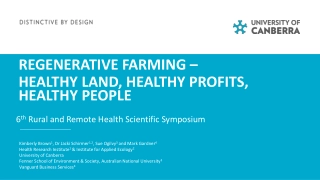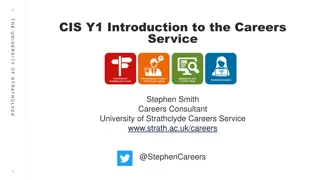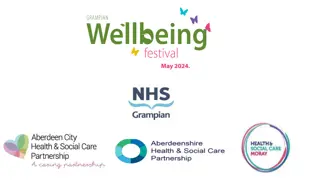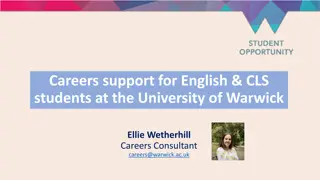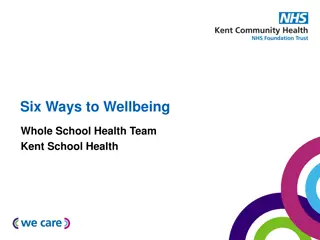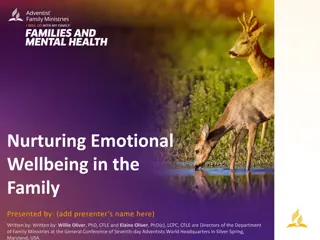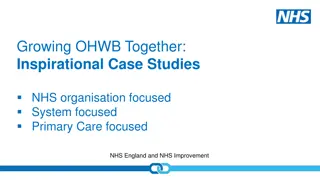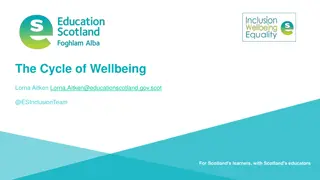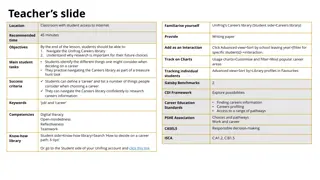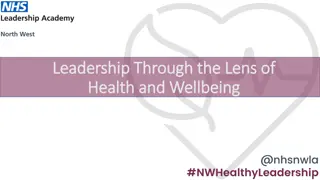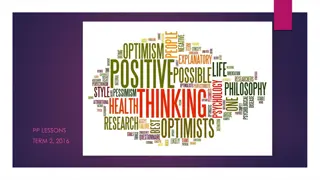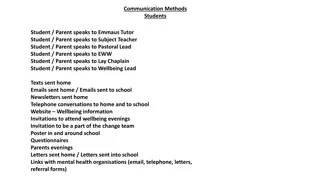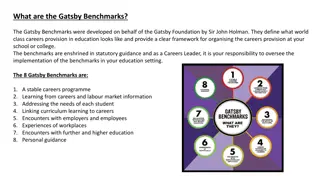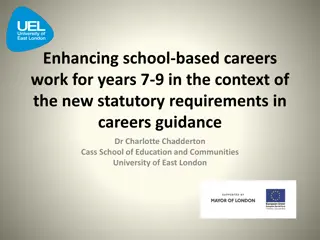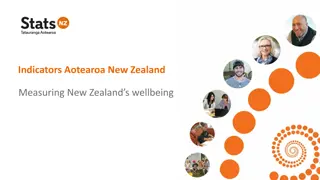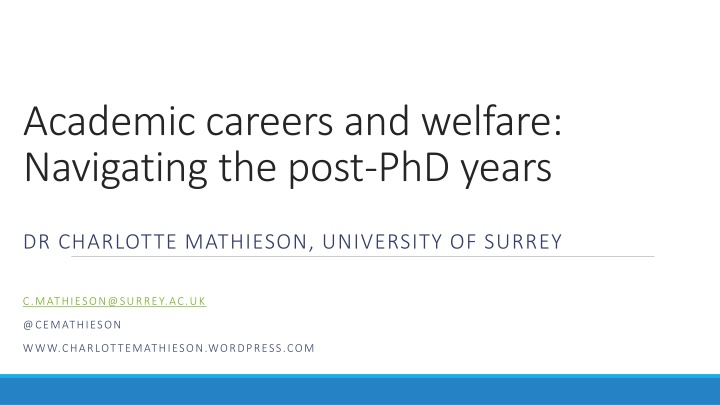
Navigating Academic Careers and Challenges Post-PhD
Explore the diverse and challenging academic career paths post-PhD, covering the characteristics, challenges, and personal wellbeing aspects faced by early-career researchers. Learn valuable insights and strategies to overcome obstacles and thrive in the academic world.
Uploaded on | 2 Views
Download Presentation

Please find below an Image/Link to download the presentation.
The content on the website is provided AS IS for your information and personal use only. It may not be sold, licensed, or shared on other websites without obtaining consent from the author. If you encounter any issues during the download, it is possible that the publisher has removed the file from their server.
You are allowed to download the files provided on this website for personal or commercial use, subject to the condition that they are used lawfully. All files are the property of their respective owners.
The content on the website is provided AS IS for your information and personal use only. It may not be sold, licensed, or shared on other websites without obtaining consent from the author.
E N D
Presentation Transcript
Academic careers and welfare: Navigating the post-PhD years DR CHARLOTTE MATHIESON, UNIVERSITY OF SURREY C.MATHIESON@SURREY.AC.UK @CEMATHIESON WWW.CHARLOTTEMATHIESON.WORDPRESS.COM
My early career path 2007-10: PhD, University of Warwick (viva 2011) Jan 2011 Oct 2012: hourly-paid teaching, marking, invigilation, academic writing, 1-1 tuition, short term research fellowship, research assistant, work on University ECR projects, freelance proofreading, etc Oct 2012 Sept 2013: 0.6 FTE project fellow Institute of Advanced Study, University of Warwick Sept 2013 Sept 2015: 2 years further in IAS post, full-time Sept 2015 July 2016: 10-month teaching fellowship, Newcastle University August 2016 present: Lecturer in English Literature, University of Surrey
Characteristics of early career paths There is no typical path A period of precarity is common, and increasingly longer Multiple, short-term contracts across institutions (simultaneously/successively) typical Most jobs teaching-focused; ECR fellowships available but harder to come by
Challenges of early career paths: academic Time for research and career development; work-life balance Money living costs, funding for conferences Uncertainty of precarity will contract be maintained/extended, where will I be in X weeks Planning academic (and personal) life developing a career plan Balancing competing demands of long-term goals vs short-term needs
Challenges of early career paths: academic Feeling adrift no consistent supervisor/ mentor Relocation: costly, time-consuming, (re)building networks Rejection, rejection, rejection
Challenges of early career paths: personal wellbeing Imposter syndrome Isolation and loneliness Anxiety, panic attacks Sleep disruption/deprivation Depression Physical health impact Exacerbation of previous/existing mental health problems Reduced capacity for dealing with life events bereavement, supporting family and friends
Overcoming challenges: personal strategies Look after yourself: exercise, eat well Have down-time Socialise: make time for family and friends Pursue other interests and hobbies Seek professional help counselling/ mental health services
Overcoming challenges: academic strategies Take control of what you can: have a plan Make it flexible and accommodating Prioritise and strategise Keep the long-term in sight Job applications: Help and get help from others (peers/more experienced) Have a rejection strategy
Overcoming challenges: academic support Build up peer-support networks: moral support, application advice, welcoming new colleagues Online networks: ECR community online invaluable Mentors: seek more experienced mentors to help strategise and give direction
Key messages It s not just you; it isn t personal Take control of the things you can Look after yourself and others Don t put your mental health and wellbeing on hold
c.mathieson@surrey.ac.uk @cemathieson www.charlottemathieson.wordpress.com

